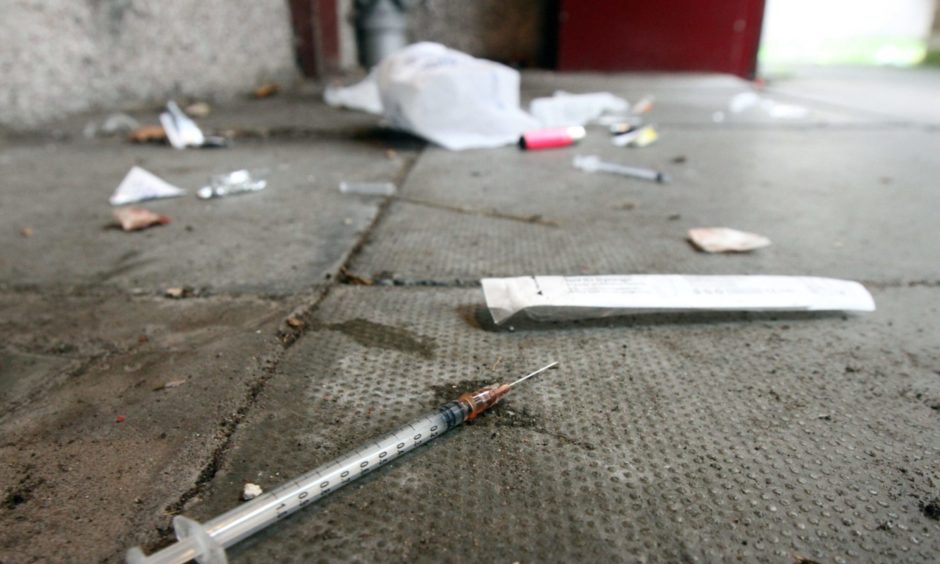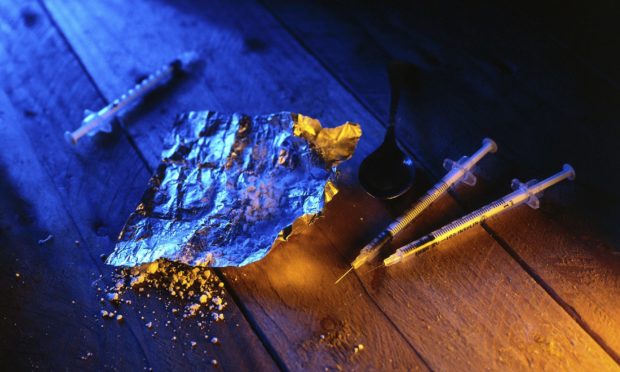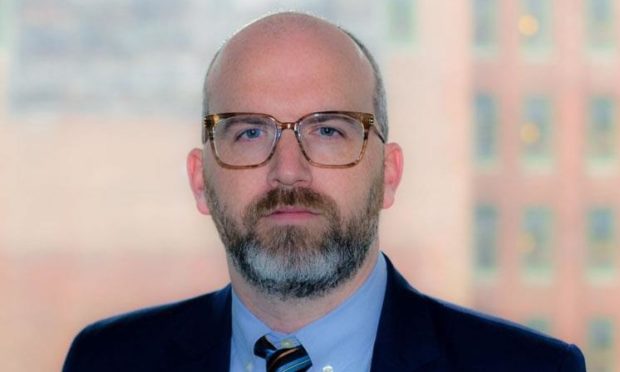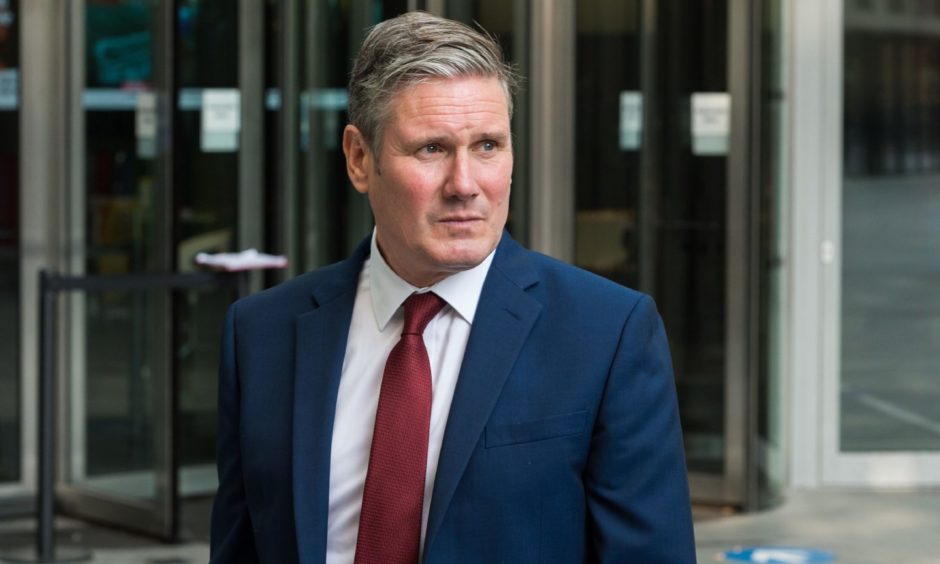A Scots drug policy expert who helped push decriminalisation in the US has criticised Scotland’s political leaders for failing to put the country’s “dreadful” drug deaths record at the heart of the Holyrood election campaign.
Michael Collins, originally from Glasgow and a former director at the Drug Policy Alliance’s Office of National Affairs, hit the headlines earlier this year after calling for the Scottish Government to decriminalise drug use and dare Westminster to block it.
Now working as strategic policy director for Marilyn Mosby, the State’s Attorney for Baltimore, he has urged parties pledging support for policies such as decriminalisation and safe consumption rooms to set out how they can actually be achieved in Scotland.
He believes that could look similar to the the 11-point plan revealed by the SNP earlier this year, setting out how it intends to take forward a second independence referendum even if Westminster continues to oppose a new vote.
The SNP, Liberal Democrats and Green Party all talk about the need to roll out heroin-assisted treatment in their manifestos, while the same group and Labour agree on the need for safe consumption spaces – both of which have been shown to reduce overdoses.
Scottish ministers have promised a “step change” in their approach to tackling drug deaths in Scotland after statistics published in December showed there had been 1,264 drug-related deaths over the past year, a 6% rise.
The SNP have pledged to form a citizens’ assembly to study drug decriminalisation if they are in government but the powers to decriminalise drug use or possession are currently reserved to Westminster.
Unanswered questions
Mr Collins praised Nicola Sturgeon for admitting she had taken her “eye of the ball” on Scotland’s drug deaths crisis and the SNP more generally for having “the most progressive agenda of any of the main parties when it comes to drug policy”.
However, he warned there are still “a lot of unanswered questions” about what individual parties promising change would actually do when they have to face down Westminster on the issue.
Mr Collins said: “This is something that deserves to be a top-tier issue but when I read through the manifestos, I just don’t think there’s the same level of commitment to reversing drug fatalities as there is to something like indyref2.
“That’s very disappointing because there is a parallel between the two. For indyref2, you’re setting up a confrontation between the Scottish Government – assuming the SNP win – and London.
“That’s a fight the Scottish Government is willing to have, whereas with the drugs issue, it doesn’t really feel like there is an appetite for that kind of fight. I just find that bizarre and deeply disappointing.
“This is a drastic and dreadful situation that calls for drastic action and I just don’t see that in any of these manifestos. It makes me very concerned that a year from now we’ll be having the same conversations.”
Tension between leaders
Mr Collins believes there is also a “tension” between the leaders of some Scottish parties and their colleagues in London, who often feel political pressure to be seen as tough on drugs and crime.
While Labour and the Liberal Democrats mention safe consumption spaces in each of their manifestos in Scotland, Mr Collins said they are “silent on how they would convince Westminster of their legality”.
UK Labour leader Sir Keir Starmer recently said he is opposed to legalising cannabis or relaxing any drug laws and Scottish Labour has not set out how it would approach the issue, even with a Labour prime minister.
“I think it gives the SNP the ability to avoid answering the question because no one else can,” Mr Collins said.
“They can remain silent on it because they know Labour, the Conservatives and Liberal Democrats will largely have to remain silent on it.
“Quite frankly, Labour’s position on this is embarrassing. They are out in Scotland saying they support safe consumption spaces and drugs reform but the leader of the UK Labour party is against any relaxing of drugs laws.
“How does that work? Their manifesto is fundamentally dishonest when it comes to that question.
“The SNP just leave the Westminster question unanswered but it’s what I call the big elephant in the room because at some point you’re going to have a decision to make, and I think they should be clearer about that.”

Baltimore has announced it will stop prosecuting people for drug possession, prostitution, minor traffic violations and other low-level offenses in a move that extended an experiment brought in during the coronavirus pandemic.
State’s Attorney Marilyn Mosby stopped bringing charges for these lower-level crimes last March in a bid to halt the spread of Covid-19 in crowded jails.
Since then violent crimes and homicides have dropped by 20% in Baltimore, even as they rose in most other major US cities.
Scotland’s new drugs minister, Angela Constance, vowed earlier this year not to “close the door” on bold action to tackle the country’s overdose crisis ahead of discussions with Mr Collins.
She has promised those with lived experience will have a key role in shaping policy on the issue, following the announcement of funds worth £18 million for drug treatment services in Scotland.


